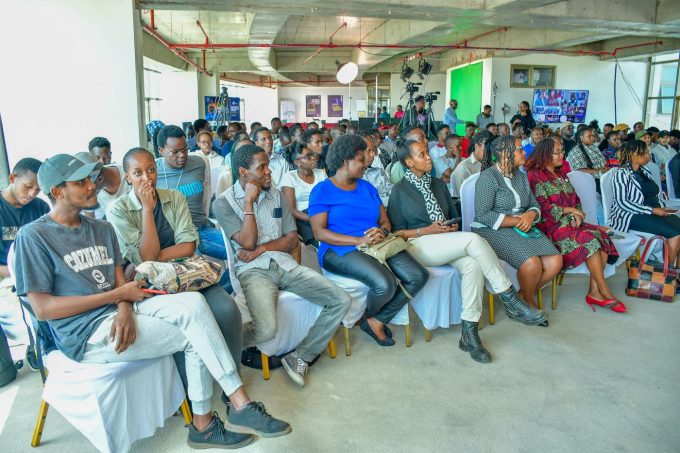The Kenyan creative sector, which comprises remarkably diverse forms of arts and cultural productions like films, commercials, online content, and other audio-visual works and artistic expressions, its distribution, regulation, and education is a significant component of the country’s economy, according to the latest data.
On November 28, the Kenya Film Commission, jointly with the Kenya National Bureau of Statistics (KNBS), launched the Kenya Film Industry Satellite Account (FISA) and consecutively released its report as the first-ever official measure of how creative contributions affected the economy.
>> Celebrity Actor Lupita Nyongó is Minting Millions in Hollywood
The FISA report focuses on the economic impact of film and broadcasting activities, and it seeks to quantify, measure, and develop a realistic approach in which the creative industry, plus its related subsectors, will be considered in the national accounts as one of the aggregates of gross domestic product (GDP).
Its main findings are that the Kenyan film industry is growing, despite the slowdown experienced in 2020 and the last count of 2021 due to Covid-19, and it generated Ksh86.9 billion in gross output value and a Gross Value Added (GVA) of Ksh38.1 billion or 0.3% of GDP during the final period of recovery in 2022.
As of that year, the creative industry, generally, or the ‘orange economy,’ had employed 42,823 people, up from 40,951 in the previous one. Among these workers, the majority, 15,840, are involved in importing and selling filming and related equipment, followed by 13,234 in professional positions and those in mini-sectors, respectively.
“The three largest contributors to employment in the film industry are wholesale and retail trade, professional, scientific, and technical activities, which include photographic activities; and other service activities, at 37.0 percent, 30.9 percent, and 13.5 percent, respectively. Manufacturing, information and communication, administrative and support services, education, and arts, entertainment, and recreation contributed a combined 18.6 percent,” the FISA report highlights.
The analysts not only attributed the economic growth in the film industry to the entrepreneurial agility of Kenyan creatives, TV and gadget ownership, and greater internet penetration but also increased use of social media such as Facebook, YouTube, Twitter, and Tiktok which “present valuable opportunities” in content outreach and engagement.
To maximize the arts and culture-related industries’ ability to contribute optimally to the national economy, the Kenya Film Industry Satellite Account outlined the importance of government support and proposed the creation of a special Film Fund, a stimulus package for creatives. Countries like South Africa, Nigeria, Germany, France, and the USA, which are successful in the filming sector, have such incentives.
>> Blue Band Marketing Boy Who Turned into Big Time Actor













Leave a comment